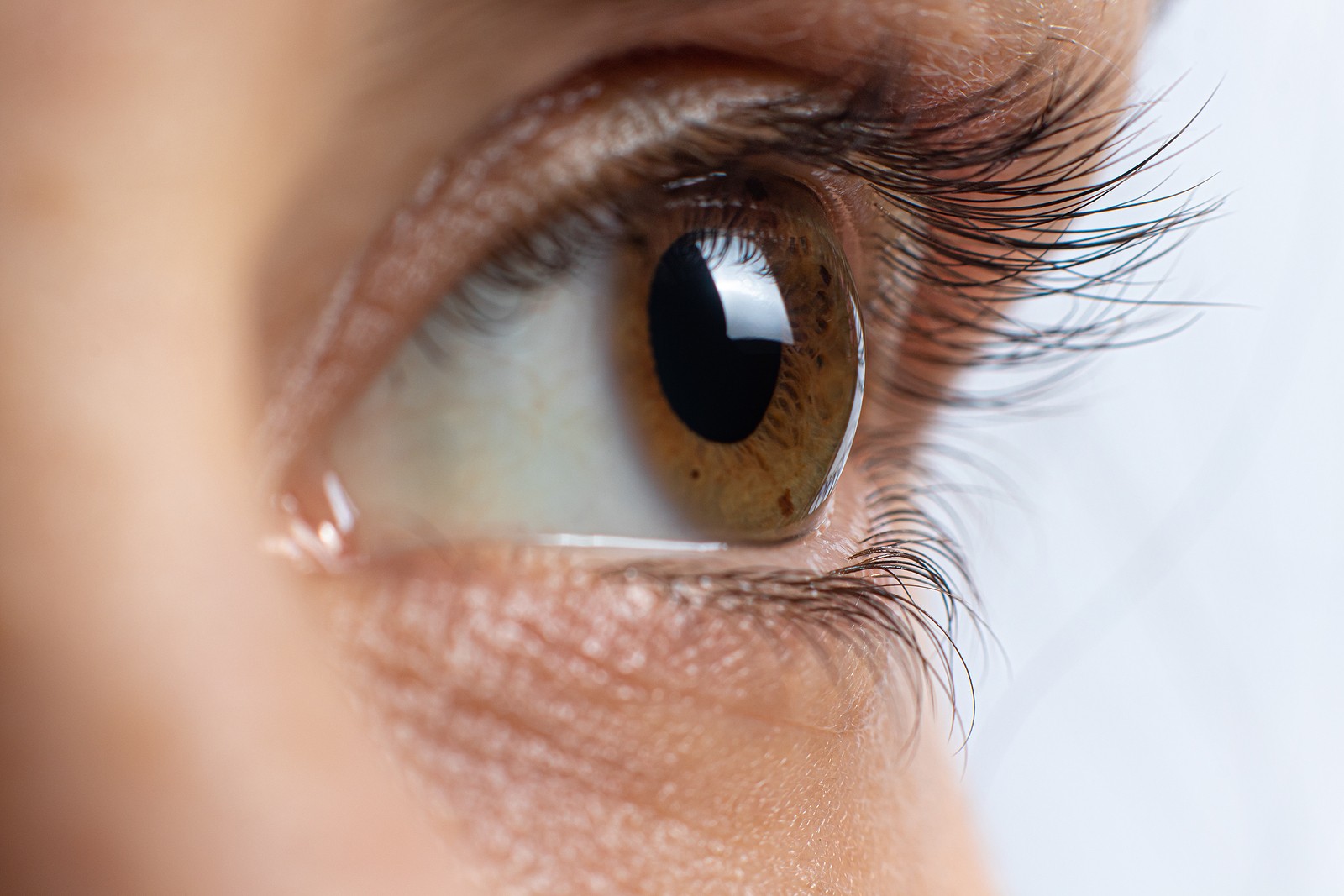Eye Care Series: Symptoms of Keratoconus

If you have a habit of vigorously rubbing your eyes or notice that straight lines look wavy and bent, you may have keratoconus. At Swagel Wootton Eye Institute, we have highly trained eye care specialists who can diagnose and treat keratoconus. In this article, we briefly discuss what keratoconus is, what causes it and the symptoms you may experience if you have it.
The good news is that there are surgical and nonsurgical treatments that can alleviate the symptoms and help preserve your vision. If you have any concerns at all, call our office to make an appointment for a consultation to discuss the next steps.
What Is Keratoconus?
Keratoconus impacts the white spherical surface of your eye. It causes the cornea to bulge into a conical shape.
What Are the Causes of Keratoconus?
After decades of research, doctors and researchers still don’t have a good understanding of the keratoconus causes completely. However, there are certain risk factors and causes that indicate you may have a greater risk of developing the disease. Before developing this condition, many patients experience a loss of collagen, which helps the eye maintain its structure
Keratoconus risk factors include:
- Genetic disposition or family history of keratoconus.
- Vigorous eye rubbing
- If you have retinitis pigmentosa, Ehlers-Danlos syndrome, Down syndrome, asthma, or hay fever, you may have a higher risk of getting keratoconus.
Recognizing Keratoconus Symptoms
According to the American Academy of Ophthalmology, keratoconus can affect the vision in both eyes, leading to visual anomalies. However, the symptoms may differ for each eye.
Early-stage keratoconus symptoms include slightly distorted vision, sensitivity to light, mild blurred vision, a distortion of straight lines that makes them look wavy, and sensitivity to glare.
Your keratoconus symptoms may progress further. This results in worsening distortion, blurry vision and sudden changes in your prescription, including exaggerated astigmatism or nearsightedness. You may find your prescriptions changing frequently. As time goes on, it becomes more difficult or impossible to correct vision with traditional contacts lenses due to the irregular astigmatism caused by the conical shape of the cornea.
In later stages of keratoconus, the cornea can thin excessively, swell or even perforate causing the need for a corneal transplant.
Keratoconus usually develops in children between the ages of 10 and 25. However, it can also affect children under the age of five. Keratoconus or other types of irregular astigmatism can also be a result of irregular thinning of the cornea due to refractive surgery such as PRK or LASIK. It may take several years to progress from early to late-stage keratoconus. However, some people notice that their eyesight declines quickly. The condition causes the cornea to swell and scar. Scarring exacerbates the distorted vision associated with the disease.
I Have Keratoconus. When Do I Need to See a Doctor?
Our eye doctors in Mesa and Chandler are trained to diagnose keratoconus. Additionally, we have eye care specialists who specialize in treating corneal diseases. If you receive a diagnosis of keratoconus, you should schedule a consultation with an eye doctor immediately.
Next, you will receive a treatment plan that may include customized contact lenses such as rigid gas permeable, hybrid or scleral contact lenses. At Swagel Wootton Eye Institute, we use a highly customized fitting process called the SMap to form fit contact lenses to contour exactly to the shape of the eye for the best possible vision and comfort.
Want to know more? Our blog contains other useful information on keratoconus treatment. Also, you can call our office directly to get answers to your questions.
Will I Need Surgery?
Corneal cross-linking is a procedure that can be done to halt the progression of keratoconus. Corneal transplant surgery is typically performed as a last option for keratoconus treatment.
The eye doctors at Swagel Wootton Eye Institute include professionals that specialize in a variety of procedures and conditions.
Our eye doctors in Mesa and Chandler know a variety of procedures to help you or your child with keratoconus. It’s important to pay attention to the symptoms and seeks medical assistance as quickly as possible.
Additionally, if you’re considering cataract and LASIK surgery in Mesa and Chandler, we can help you understand the risks and rewards.
[DISPLAY_ULTIMATE_SOCIAL_ICONS]









